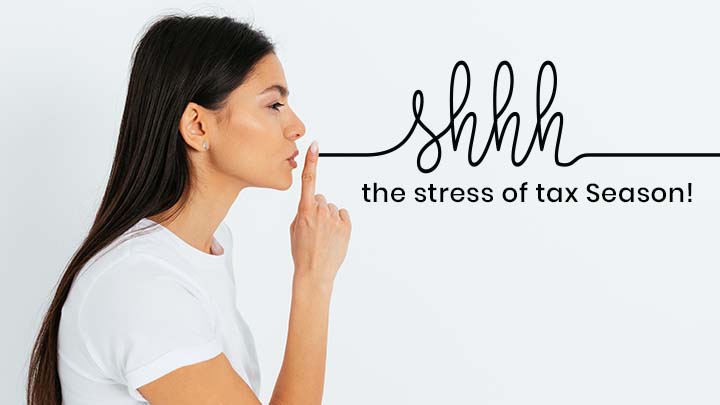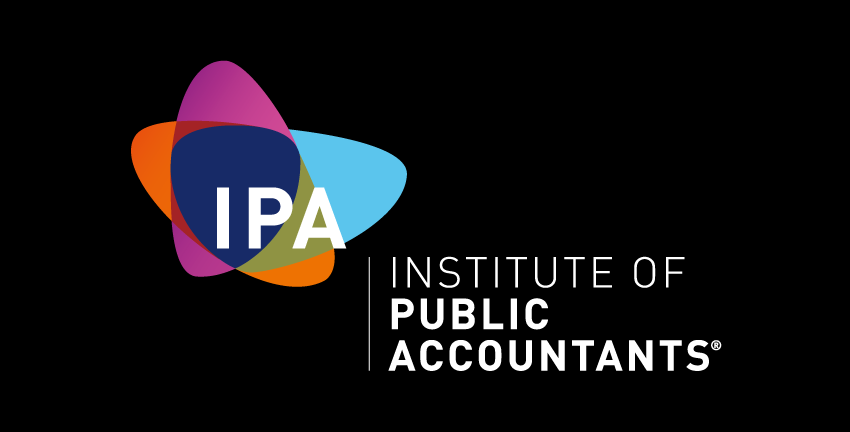
Do you spend dozens of hours on tax compliance preparation? Is tax season a stressful time for you as a business owner?
The tax season can overwhelm a business owner, and more so as it draws closer. Knowing you have to wrestle with deadlines and a whole bunch of tax-related issues, we came up with this article that could help you have a smoother experience.
Be mindful of key dates and deadlines in the Australian tax season
The tax year in Australia runs from 1 July to 30 June. You need to mark the deadlines for lodgement and payment of taxes in your calendar, which vary depending on the structure of your business. Here are the lodging deadlines to watch out for:
| BUSINESS STRUCTURE/ENTITY | DEADLINE* |
| Sole Trader / Self Employed | 31 October |
| Partnership | 31 October |
| Trust | 31 October |
| Company | 28 February |
*Contact your registered tax agent for more information if you are lodging thru them.
Failure to meet the deadlines can result in penalties and interest charges. To avoid that, it’s important to keep accurate financial records. Note that the deadlines are different if you are filing through a registered tax professional.
Claim higher business expenses & deductions to cut your tax liabilities
One of the most effective ways to reduce your tax liabilities is to maximise your business expenses and deductions. Business expenses can include costs such as rent, wages, utilities, and travel expenses. Deductions can include depreciation of assets, bad debts, and charitable donations.
If you’re unsure about what you’re entitled to claim, contact a tax accountant who can help you identify all relevant expenses and deductions to minimise your tax liabilities legally.
You might also want to read about strategies for “Minimising Your Tax & Planning Your Payments – Pre-30th June Tax Planning”.
Set up an efficient system for keeping accurate records
Small business owners are required to maintain accurate records of their business transactions. This includes records of income, expenses, and other transactions related to your business. These must be available for inspection and kept for a minimum of five years in case the Australian Taxation Office (ATO) requires them.
Keeping records well-organised are the best way to comply with this. You can also use a software or app to efficiently track your transactions and electronically store receipts and invoices.
Regularly report on your GST and lodge your BAS
If your business is registered for Goods and Services Tax (GST), you’ll be required to report on your GST obligations during tax season. You need to lodge a Business Activity Statement (BAS) with the ATO on a monthly or quarterly basis, report on your GST sales and purchases, and pay any GST owed.
You may request information about preparing and lodging your BAS and meeting your GST obligations on time by talking to professional advisors. (we can help with that!)
Small Business Payroll Tax Obligations during Tax Season in Australia
Payroll Tax is a state tax levied on the wages paid by an employer to their employees. It supports state-based services like healthcare, education, and emergency services.
Small business owners must pay Payroll Tax if the total wages exceed the payroll tax threshold. Each state has its own payroll tax threshold, which can change annually. In Queensland, for example, the payroll tax threshold for the 2023 financial year is $1.3 million. If your business pays more than this threshold, you will be required to register for Payroll Tax and pay the tax monthly.
Note that Payroll Tax is separate from Pay-As-You-Go Withholding Tax and must be calculated and paid separately.
How to calculate and manage payroll tax obligations
Calculating payroll tax can be complex, but here are some ways to help you do it properly:
- Understand your state’s payroll tax system: Each state has its own payroll tax system. Familiarise yourself with the rules and regulations in your state.
- Keep accurate records: You will need to keep accurate records of employee wages, including any allowances, bonuses, or superannuation contributions. This will help you calculate the correct amount of payroll tax.
- Use payroll software: Payroll software can help you automate the process of calculating payroll tax. This can reduce the risk of errors and ensure you are paying the correct amount of tax.
- Be aware of payroll tax exemptions and deductions: Some wages and benefits are exempt from payroll tax, such as superannuation contributions and some types of leave. Understanding these exemptions and deductions can help you avoid overpaying payroll tax.
This article can also help you: “3 Things You Must Do Before Processing Your Payroll Year End”
Get Help from Tax Professionals for Less-Stress Tax Preparation
Seeking professional help can help ease the burden on small business owners. A tax advisor or accountant can provide expert advice on tax minimisation strategies and ensure that your business is meeting all its tax obligations.
When choosing a tax advisor or accountant, look for someone who:
- has experience working with small businesses in your industry,
- is proactive in their approach to tax minimisation, and
- can provide ongoing support and guidance throughout the year.
Tax season: No need to hit the panic button
With the right knowledge and proper preparation, you can easily glide through the tax season. Your business can comply with tax obligations without undue stress when you understand key dates and deadlines, know how to maximise deductions, and maintain accurate records.
The ease is multiplied if you have registered tax specialists like Wear Accountants assisting you. Our tax experts have years of experience working with small businesses in a range of industries and can provide you with personalised solutions.
Contact us today to book a consultation and start preparing for tax season in Australia – with a smile.


